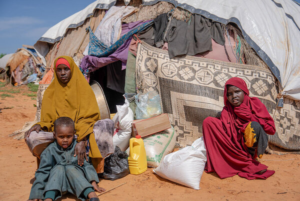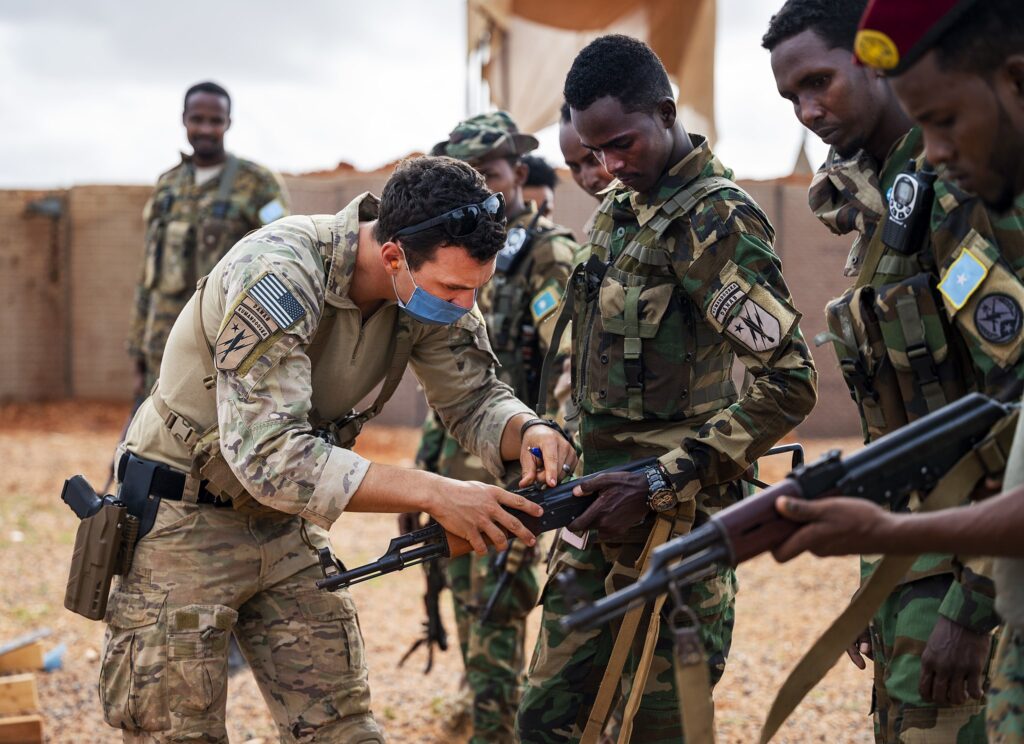The Trump administration is reportedly divided over the future of U.S. counterterrorism operations in Somalia, with debates surrounding the level of involvement in the region. Some officials advocate for a reduced presence while others push for continued efforts to combat terrorism. The decision is crucial for Somalia’s security landscape and U.S. foreign policy.
Debate on U.S. Operations in Somalia: Pros and Cons
The U.S. has been involved in counterterrorism operations in Somalia for over a decade, but the current debate centers on whether these efforts are yielding sufficient results. Proponents argue that continued military presence helps to combat Al-Shabaab and enhance regional stability. However, critics question the effectiveness of airstrikes and military engagements, highlighting the risk of civilian casualties and the rising costs of prolonged involvement in the Horn of Africa.
Strategic Impact of U.S. Counterterrorism Efforts in Somalia
U.S. counterterrorism operations in Somalia have had mixed results. On one hand, operations have weakened Al-Shabaab’s ability to launch large-scale attacks. On the other hand, the group’s resilience and adaptability have meant that U.S. support to Somali forces is often not decisive. The strategic value of these efforts is being reassessed in light of broader regional threats and the shifting priorities of U.S. foreign policy.
U.S. Interests in the Horn of Africa: A Geopolitical Overview
The Horn of Africa is a crucial region for the U.S. due to its proximity to the Arabian Peninsula, vital shipping lanes, and its strategic importance in the fight against terrorism. While combating Al-Shabaab remains a top priority, U.S. interests are also shaped by alliances with regional powers like Ethiopia and Kenya. Moreover, the presence of Chinese and Russian influence in the region adds complexity to U.S. policy, making decisions about future involvement in Somalia even more critical.
Future of U.S. Operations in Somalia: Key Challenges and Opportunities
Looking ahead, the future of U.S. operations in Somalia depends on a number of factors, including the effectiveness of Somali forces, regional partnerships, and the political will of the U.S. government. Key challenges include balancing counterterrorism with development, addressing the humanitarian crisis, and managing the changing geopolitical environment in the Horn of Africa. Opportunities lie in strengthening local governance and partnerships with regional powers to create a more sustainable peace.








